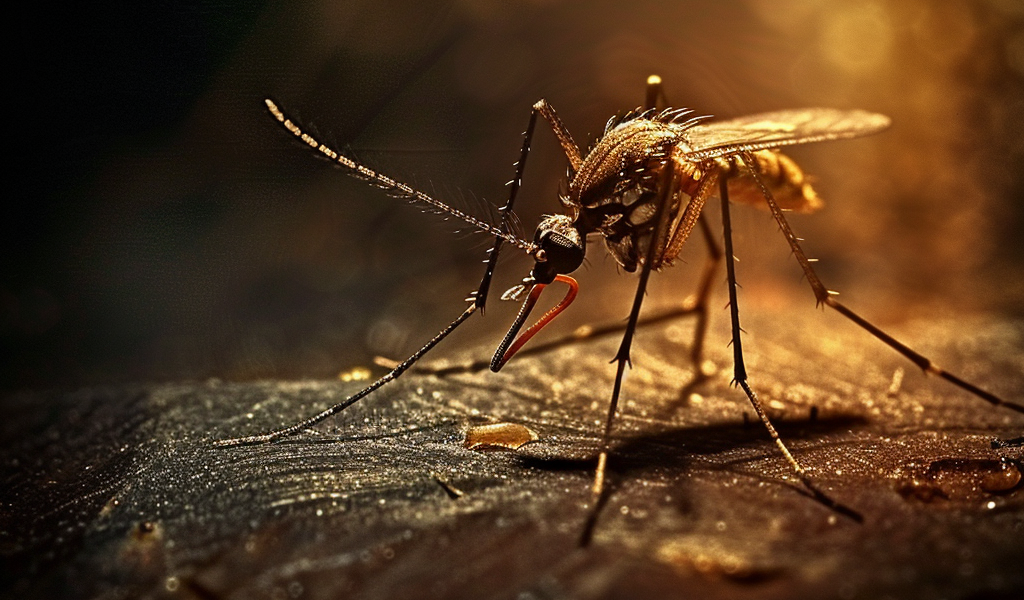A new study has found that the first bout of dengue fever can be just as deadly as subsequent ones. The study, conducted by researchers at the Indian Council of Medical Research-National Institute of Virology (ICMR-NIV), Pune, highlights the severity of the disease, particularly for those who have never been infected before.
The findings of the study are significant as they challenge the conventional belief that the first infection with dengue is usually mild. This new research suggests that the first encounter with the virus can be just as severe and potentially fatal as subsequent infections.
The study analyzed data from 1,300 dengue patients in Pune and found that the mortality rate among patients with a first-time dengue infection was comparable to those with a repeat infection. This challenges the common assumption that the first bout of dengue is typically less severe.
Dr. Pradip Awate, State Surveillance Officer, Maharashtra, stated that the study’s findings are crucial for public health interventions and clinical management of dengue cases. He emphasized the importance of early detection and timely medical intervention to prevent fatalities.
Dengue fever is a mosquito-borne viral infection that causes flu-like symptoms, including high fever, severe headache, pain behind the eyes, joint and muscle pain, fatigue, nausea, vomiting, and skin rash. In severe cases, it can lead to dengue hemorrhagic fever, which is a life-threatening condition characterized by bleeding, low platelet count, and plasma leakage.
With the prevalence of dengue fever in many tropical and subtropical regions, including India, understanding the potential severity of first-time infections is crucial for effective disease management and prevention. The study’s findings underscore the need for heightened awareness, mosquito control measures, and prompt medical care to mitigate the impact of dengue fever.





